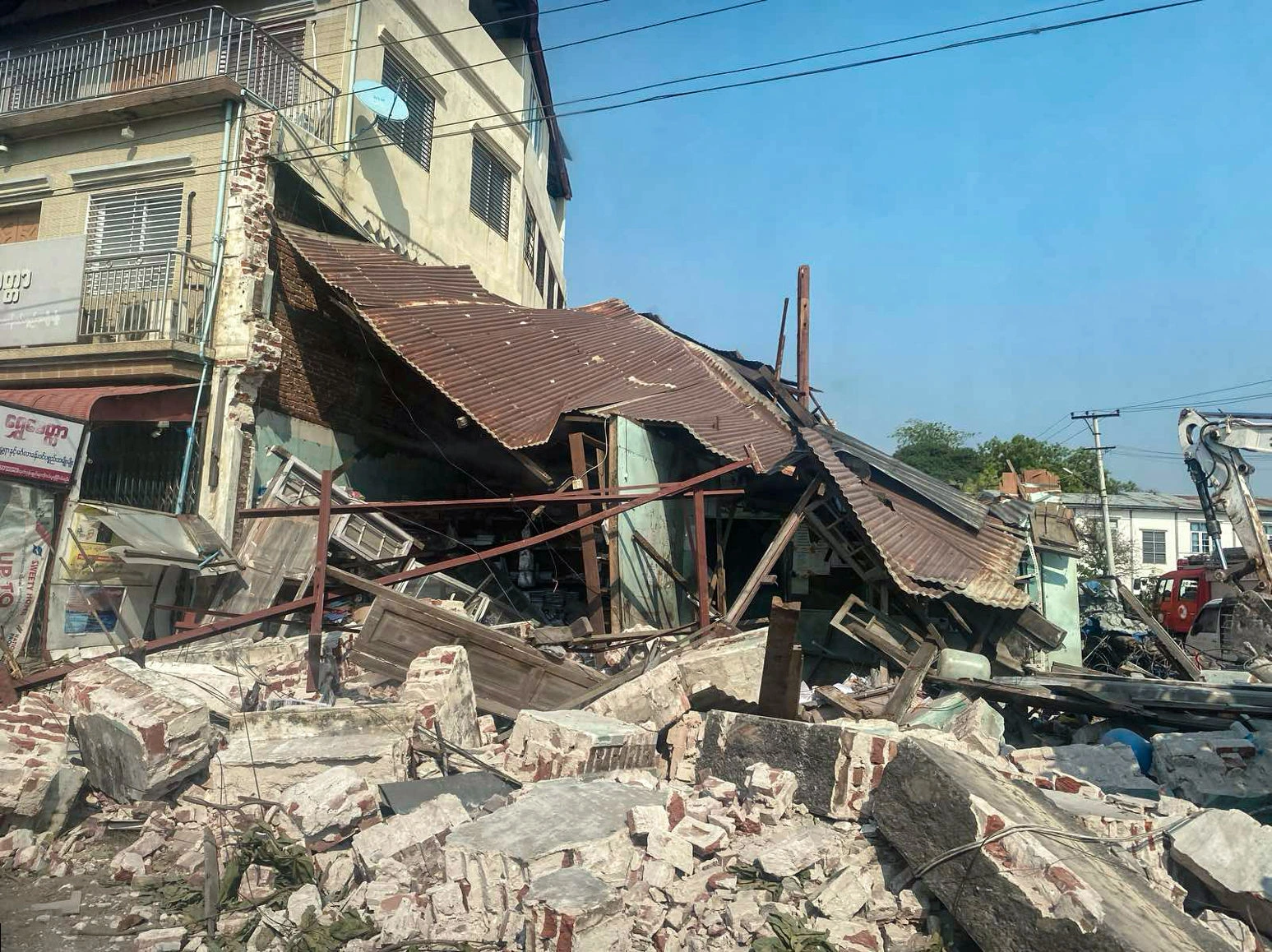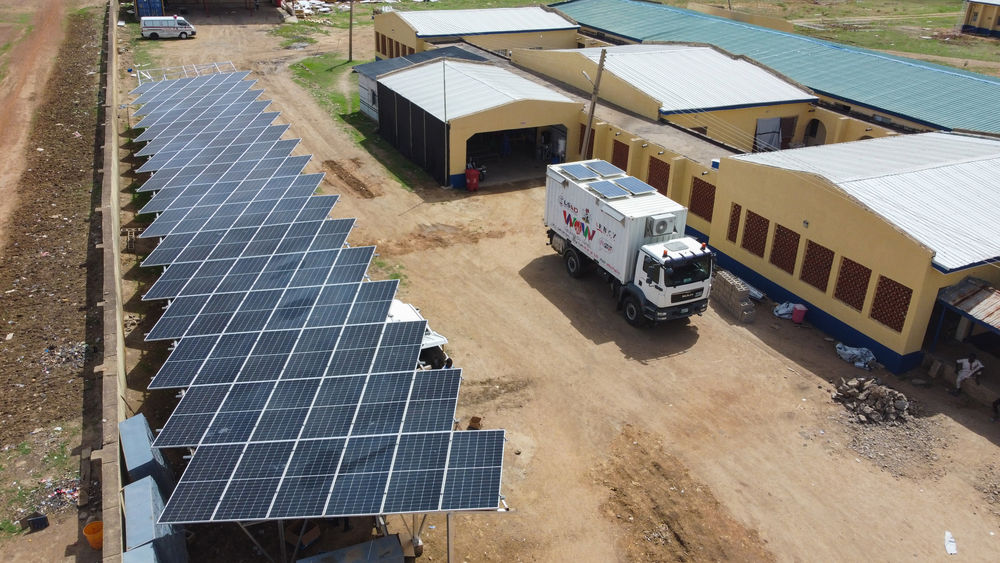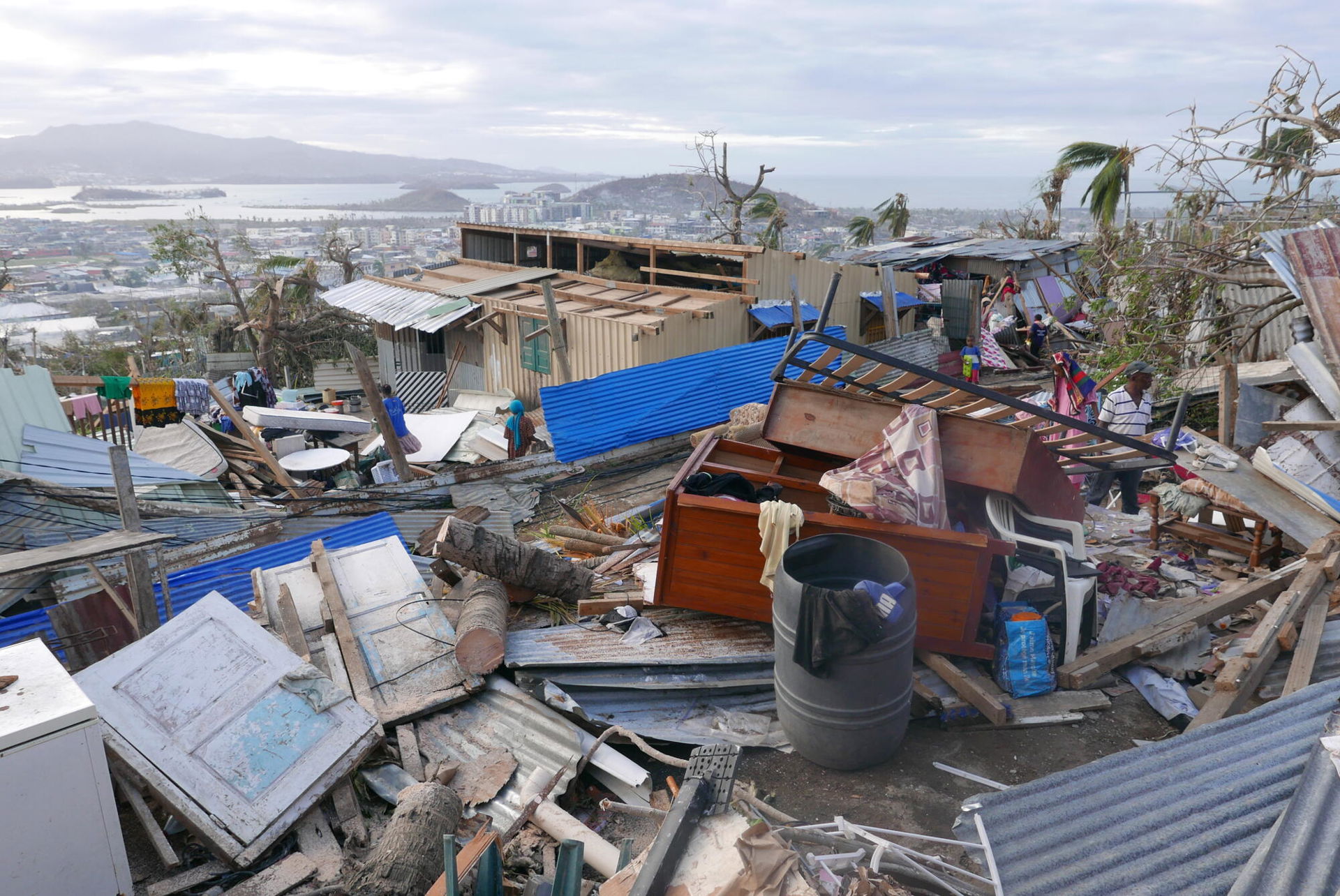“My son, Abubakar Adamu, is two years old,” says Aishahtu, who comes from a small village in Bauchi State, in northern Nigeria. “Before bringing him to the hospital, we faced the river flooding due to recent rains. Earlier this year, we endured months of drought, which seemed to grow harsher with each passing season, leaving us with poor harvests. Food shortages have become frequent for our family.”
Aishahtu’s story is not uncommon in northern Nigeria, where changing climatic conditions aggravate existing food insecurity and malnutrition. Médecins Sans Frontières teams are currently seeing an alarming rise in malnutrition rates, with the number of children admitted to inpatient nutrition facilities in Bauchi more than doubling since 2023.
Among these dangerously malnourished children, 76% also test positive for malaria. Warmer temperatures and changing rainfall patterns foster the spread of malaria-carrying mosquitoes, which thrive in stagnant water. “The climate shifts we’re witnessing, including prolonged heat and dry seasons, are seriously impacting our patients’ health, especially as temperatures rise,” says Dr. Gezibwa Ahadi, medical activity manager of MSF’s Bauchi project.
With young children disproportionately affected and life-threatening complications increasingly common in Bauchi, the need to reduce carbon emissions couldn’t be clearer.
At Kaffin Madaki’s paediatric hospital in Ganjuwa, in Bauchi State, MSF teams are supporting staff to provide critical care for children. The treatment of many of the sickest patients relies on sensitive medical devices such as oxygen concentrators, so electricity is vital.
However, the mains electricity in Ganjuwa town is unstable, with unpredictable power outages. Because of this, the MSF team have been running two diesel generators alternately, for 18 hours a day, since they started working at the hospital in 2022.
To address this challenge, MSF designed and installed a solar power system for the hospital. The system has 96 panels, some made from recycled materials. This transition to solar power dramatically reduces the hospital’s reliance on generators, which previously consumed around 200 litres of fuel daily.
Initially, the solar system was designed to meet 75% of the hospital's energy needs, but it has exceeded expectations and now covers the entire demand, with the generator now only used minimally as back-up.
“With the installation of solar panels, we’ve seen a significant improvement in energy stability at the hospital, which is crucial for treating malnutrition and pediatric emergencies that often involve critical cases,” says Dr Ahadi.
There are other benefits too. Previously, the hospital required 5,500 to 6,000 litres of diesel each month. "With renewable solar energy, we expect our carbon emissions to drop by 160 tonnes per year," says Joshua Halem Iorfa, MSF's energy specialist in Nigeria. The solar panel installation at the paediatric hospital not only lowers greenhouse gas emissions but also reduces operating costs, freeing up budget that can then be used to make further improvements to the services available.
This initiative in Bauchi is part of MSF's broader effort to become more environmentally responsible, not only in Nigeria but globally.
MSF has committed to reducing its global carbon emissions by 50% by 2030, compared to 2019 levels. For an emergency organisation with medical projects in over seventy countries, this is a significant task that will take time, but solutions are already being put in place to help reach this goal.
Teams are currently finishing up the installation of 436 solar panels on the MSF-supported hospital in Zurmi in Nigeria’s Zamfara State. The MSF supported hospital in Maiduguri, Nilefa Kiji Hospital has been utilising the newly installed solar panels since December 2023. Meanwhile further projects are being carried out or planned in other MSF hospitals and clinics around the world.
In almost every context that MSF is working in, communities are feeling the impacts of climate change, and without significant steps to mitigate these affects, health and humanitarian crises will only get
The team in Bauchi have shown that greening health services is both possible and beneficial for people’s health. It’s a win-win for health and the environment.




